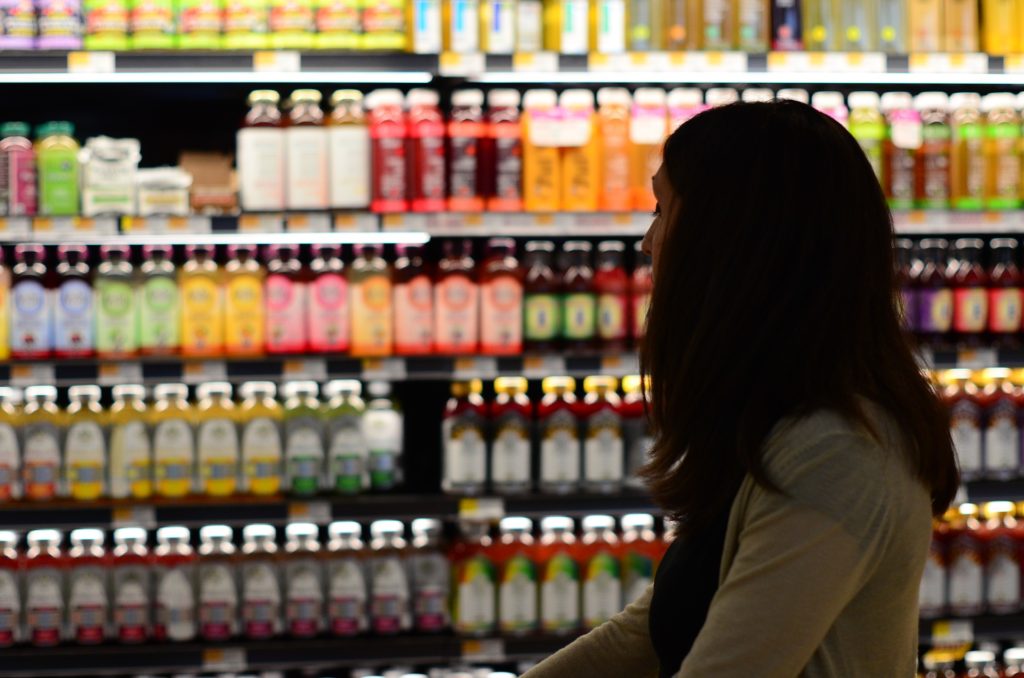Stocked with options like broccoli crisps and paleo bars, micro supermarkets are said to be the future of retail grocery. These miniature, automated convenience stores sit within a workplace, where employees can purchase healthy foods at their convenience.
The self-service model relies on an honor system where employees are expected to pay for their purchases with cash, credit or even via their cell phone without an attendant or cashier on-site.
It’s predicted to be the fastest growing segment of the food service industry in the US, with 35,000 locations projected by 2022, according to research firm Bachtelle and Associates.
In November 2018, Morsl launched its own line of micro markets in several offices across Australia following its success with large conglomerates like Amazon, Nestlé, Unilever and DHL.
Morsl was created by Karla Borland, who was a former banker in Singapore, Australia and Switzerland. Borland started the business after she became “frustrated by the lack of healthy food options” within the workplace.
“I personally wanted to eat healthier, so that growing frustration really brought the idea for this business,” Borland told news.com.au. “I did a lot of research to find a better solution to the vending machine, that led me to the micro-market concept.”
The concept is touted as a quick and easy option that saves employees time and energy, and Borland said that companies will also benefit from not having to offer a more expensive alternative like a staffed cafeteria.
“For an employer the pricing is incredibly affordable versus putting in a full-scale cafeteria fit-out (with the associated) cost and staffing,” Borland said.
Similar store-within-a-store concepts are also popping up in the US. Last week, Kroger announced it had opened a grocery pilot project inside a Walgreens drugstore in Northern Kentucky. The mini store is stocked with more than 2,000 products and branded as Kroger Express. The company said an additional 13 Kroger Express stores would “soon be offered” within Walgreens locations.
Industry experts say that offices represent an untapped opportunity for grocers and other food sellers.
“Everything related to the cost of logistics, including last mile delivery, would be reduced if consumers were able to receive packages and groceries at their places of business” said industry consultant, Brittain Ladd, to Grocery Dive. “Coworkers would learn to collaborate on shopping and coordinate deliveries to reduce each other’s costs.”
A few other grocers are moving into micro markets, as well. Green Zebra Grocery, Portland’s healthy corner grocer, plans to build 200 “micro Zebras” in office buildings and other establishments by 2023. The micro Zebra test location, slated to open next month at a WeWork office space in Portland, will feature pre-made salads, sandwiches, beverages and nutrition bars.
Going small also has big cost savings. A new Green Zebra Grocery store costs about $1.5 million to build, while a micro Zebra — which only requires some shelving and a refrigeration unit — costs just $7,500.












Join or login to leave a comment
JOIN LOGIN